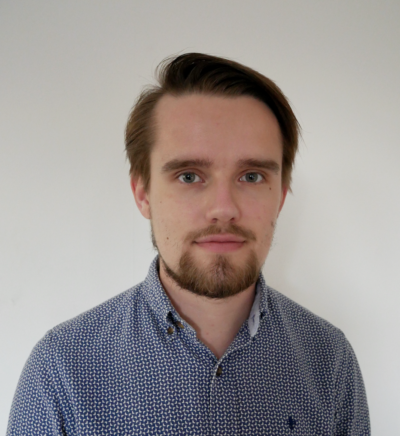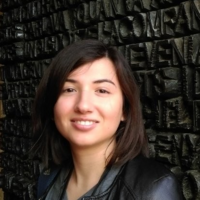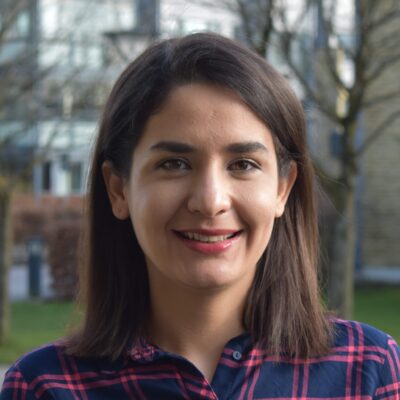This cluster consists of Ph.D. students from a variety of universities around Sweden who are interested in topics related to Probabilistic modeling. The core theme of the cluster is modeling, approximating and understanding different phenomena through the formalism of probabilism. Common interests among cluster members include studies of state-space models, Bayesian inference, energy-based methods, normalizing flows, stochastic (partial) differential equations, computer vision, probabilistic weather forecasting, neuro symbolic artificial intelligence, nonlinear filtering, simultaneous localization and mapping, deep learning convergence theory and many more. This research can be applied in fields such as telecommunication, radar technology, pharmaceutical applications, control systems, autonomous systems, etc.
Cluster activities
Currently the cluster gathers digitally once a month. The meetings allow for each member to give a 5-10 minute update on his/her current research or what’s happened since last time. The meetings further facilitate spreading of general information, which could include tips on courses or updates from WASP. The meetings are concluded with a slightly longer/more in-depth presentation from one of the members.
The cluster plan for 2024 is to initiate regular physical meetings as well as a reading group (separate from the monthly meetings).
Each cluster member is free to participate in as much or as little as he/she wants with little pressure. Note however that engagement drives more engagement which results in a thriving cluster for all members.
Joining the cluster
If you are interested in joining the cluster or getting into contact, feel free to contact the cluster leader, Anton.
Members of the cluster
 Kasper Bågmark |
|
 Gizem Çaylak |
|
 Hedieh Khosravi |
|
 Anton Kullberg |
|
- Affiliation: WASP Ph.D. student at the Computer Vision Group, E2 Department, Chalmers
- Main supervisor: Christopher Zach
- Research:
- Topics include 3D representation learning and energy-based models.
- Contact: xixil@chalmers.se
- Affiliation: WASP Ph.D. student at the Computer Vision Group, E2 Department, Chalmers
- Main supervisor: Christopher Zach
- Research:
- Learning and Leveraging Rich Priors for Factorization Problems: combining traditional parametric formulations induced by domain expertise with non-parametric models learned from examples; main application of interest are factorization-based problems, in particular non-rigid structure-from-motion.
- Keywords: Geometric computer vision, Representation learning, 3D vision
- Affiliation: WASP Ph.D. student at Department of Computer and Information Science, Linköping University
- Main supervisor: Fredrik Lindsten
- Research:
- Reliability of deep learning models, including uncertainty estimation in deep neural networks and weak supervision.

Joel Oskarsson |
|
Cluster meetings & milestones
All meetings include general information and discussions. In the list below the particular focus of that meeting is listed.
2021:
- February: Introduction meeting
- March: Kasper presented his research
- April: Anton presented his research
- May: Daniel presented his research
- June: Gizem presented her research
- September: Amanda presented her research
- October: Alexander presented his research
- November: Yaroslava presented her research
2022:
- January: Winter conference, we discussed our posters and some new members were recruited
- February: Xixi presented her research
- March: Kasper presented his research
- June: Rajmund Nagy guested the cluster together with people from the generative models cluster talking about probabilistic diffusion models
- September: Marcus presented his research
- November: Joel presented his research
2023:
- January: Winter conference, over 30 participants and discussions about the future of the cluster were held
- September/October: Cluster kick-start after long period of hibernation (due to change in cluster leadership)
- November: Monthly meeting – Anton presented a paper.
- December: Monthly meeting – Joel talked about his research visit in London (and probabilistic weather forecasting).
2024:
- January: Winter conference – about 20 participants got to know each other and talked about cluster expectations for 2024.
- February: Monthly meeting.
- February: Name change from Bayesian Statistics, SDEs and Probabilistic Programming to Probabilistic Modeling to align with cluster interests.
- March: Monthly meeting – Amanda talked about news in AI.
- April: Monthly meeting.
- May: Monthly meeting.


